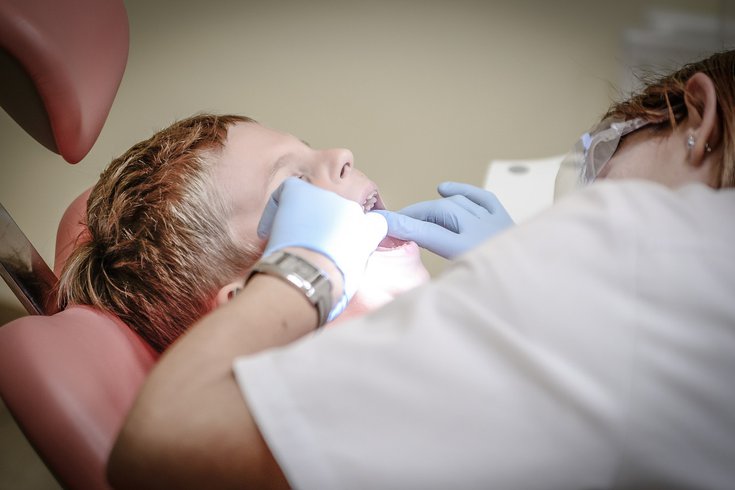
September 28, 2020
 Michal Jarmoluk/Pixabay
Michal Jarmoluk/Pixabay
The FDA warns that children and other "high-risk" patients shouldn't receive dental fillings containing mercury. Little is known about the possible harmful effects of longterm exposure, the agency says.
The U.S. Food and Drug Administration is warning against the use of dental amalgam – a popular filling material that contains mercury – in certain groups of people.
Dental amalgam contains a mixture of liquid mercury and a powdered alloy of silver, tin and copper. Low levels of inhaled mercury vapor haven't been proven to be harmful, but the FDA said certain groups of people may have a heightened risk of toxic effects from these so-called silver fillings.
Patients considered at greater risk include: pregnant women and fetuses, women planning to become pregnant, nursing women and their babies, children – especially those younger than six years of age, people with neurological diseases such as multiple sclerosis or Alzheimer's disease, people with impaired kidney function, and people with a known allergy to mercury or other components of dental amalgam.
"When possible and appropriate," these patients should avoid getting dental amalgam fillings, the FDA's updated guidance states. They instead should talk to their dentists about non-mercury alternatives, such as composite resins and glass ionomer cement fillings.
Large mercury exposures can cause tremors, memory loss, kidney damage and other health issues. But there hasn't been enough evidence to indicate that exposure from dental fillings is enough to be dangerous.
"While the majority of evidence suggest exposure to mercury vapor from dental amalgam filings doesn't lead to harmful health effects for most people, there may be some effects in people with certain health issues such as those who are hypersensitive to mercury," the FDA stated.
It remains unclear whether longterm exposure to dental amalgam allows mercury to build up in the body's fluids and tissues or convert to other mercury compounds in the body.
The FDA does not recommend patients with silver fillings have them replaced if they are still in good condition. This could damage the tooth and lead to unnecessary mercury exposure.
Dental fillings are used to repair missing structures and surfaces of a decayed tooth. They often can be in contact with the body for long periods of time.
When dental amalgam is used in the filling, there is the potential for mercury vapor to be released over time – it's typically highest during the placement or removal of the dental amalgam, the FDA said.
Also, the older the filling, the greater potential for exposure. Teeth grinding can lead to more mercury vapor being released too.
Concerns over mercury poisoning from dental amalgam fillings are not new.
People have claimed fillings cause health issues since they were first used in the late 1800s. But there has never been any definitive evidence. Most dental experts consider them a safe option for dental fillings.
After the FDA released its new guidance, the American Dental Association reaffirmed that "dental amalgam is a durable, safe and effective cavity-filling option," adding that there isn't any new scientific evidence driving the FDA recommendation.